As I write this blog entry, our students and faculty are entering their final days before school begins, thinking about the year to come and the possibilities of our future together at Proctor. Many of us, including myself, are preparing to head back to school by going on Wilderness Orientation with those brand new to the school.
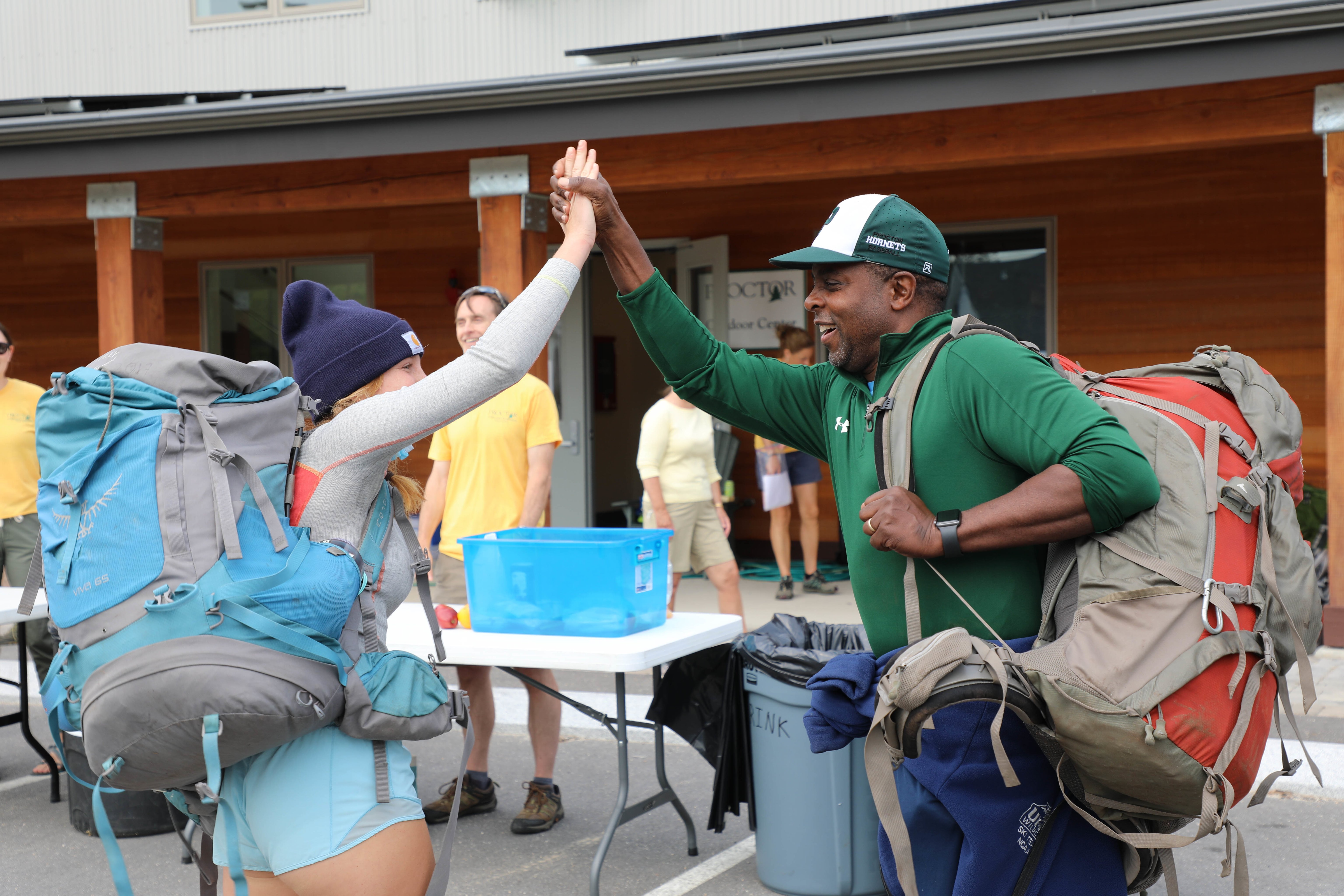
On Wilderness Orientation, some groups will hike and camp on Proctor’s 2500 acres while most others will head into the White Mountains, leaving behind our comfortable beds, the familiarity of home, and the friendships and family who have sustained us throughout the summer.
And all of us are entering this “new year” into a period not yet known but seemingly familiar all the same. In fact, I would liken this time at Proctor to the time when people who fish prepare to return to the sea. With all of our nets almost mended, we recommit to finding our purpose – the “why” of it all – for the journey and task ahead.
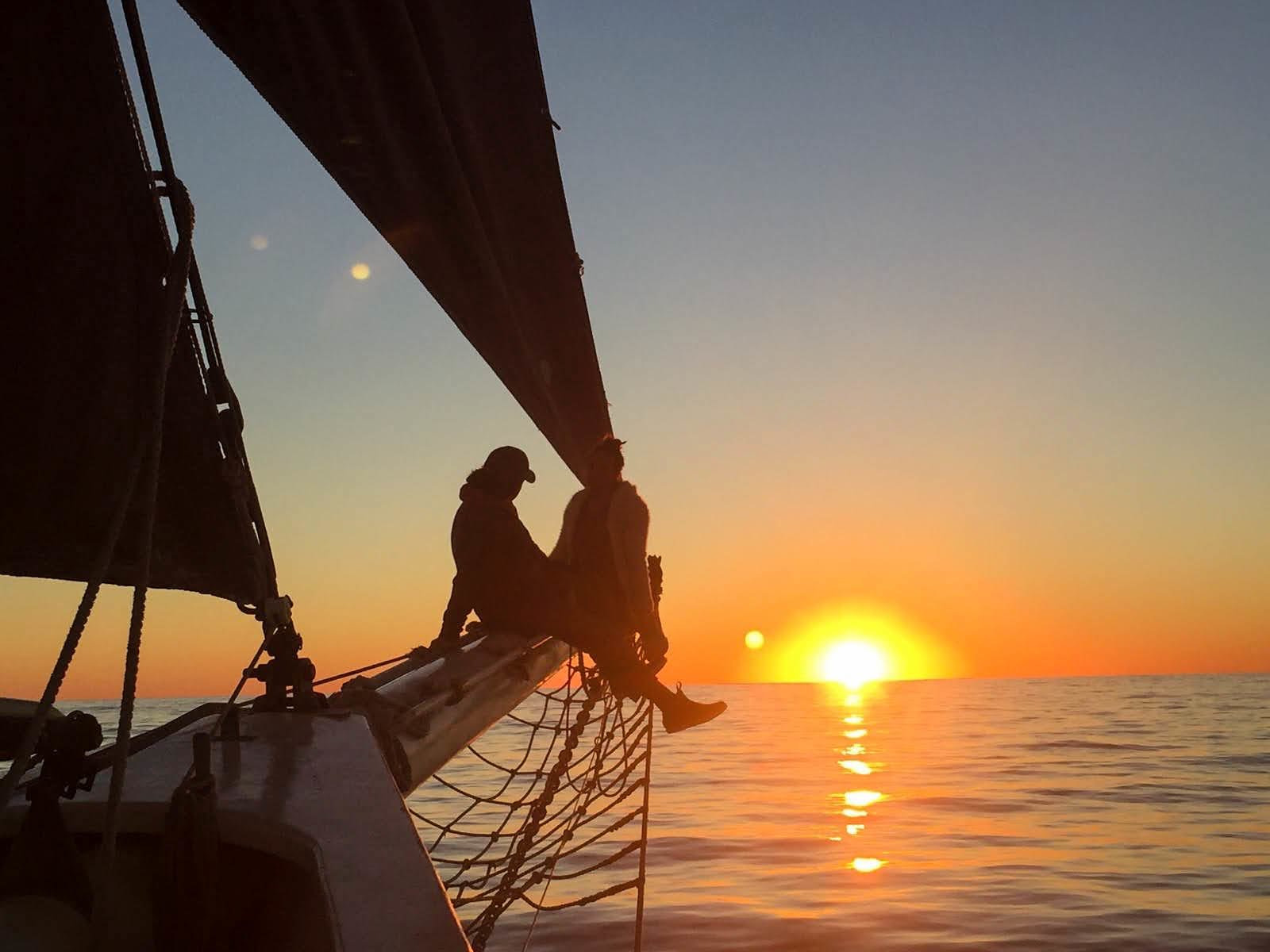
Ending this summer season, I would imagine that many students gave themselves permission to play with a full range of emotions and experiences that they don’t normally get to have during the school year. Whether working at a summer job, finishing up vacation study, hanging out with friends around home, or getting to listen to the rhythms of their own hearts, our students knitted together the internal resources necessary for a successful school year and, I would argue, a successful life. The nets they mended with work, rest, and recovery made internal and deeply held connections that will be called upon in the weeks and months ahead.
We and others often talk about our children being over-scheduled and hurried. In fact, a whole cottage industry of books arose from the 1970s forward that admonished parents to have their children slow down. With titles like The Hurried Child, The Blessings of a Skinned Knee, and How to Raise An Adult, many folks have been telling parents how and what they should be thinking about as they prepare a way for their child’s futures.
Yet, the lessons learned can be found entirely at the end of summer.
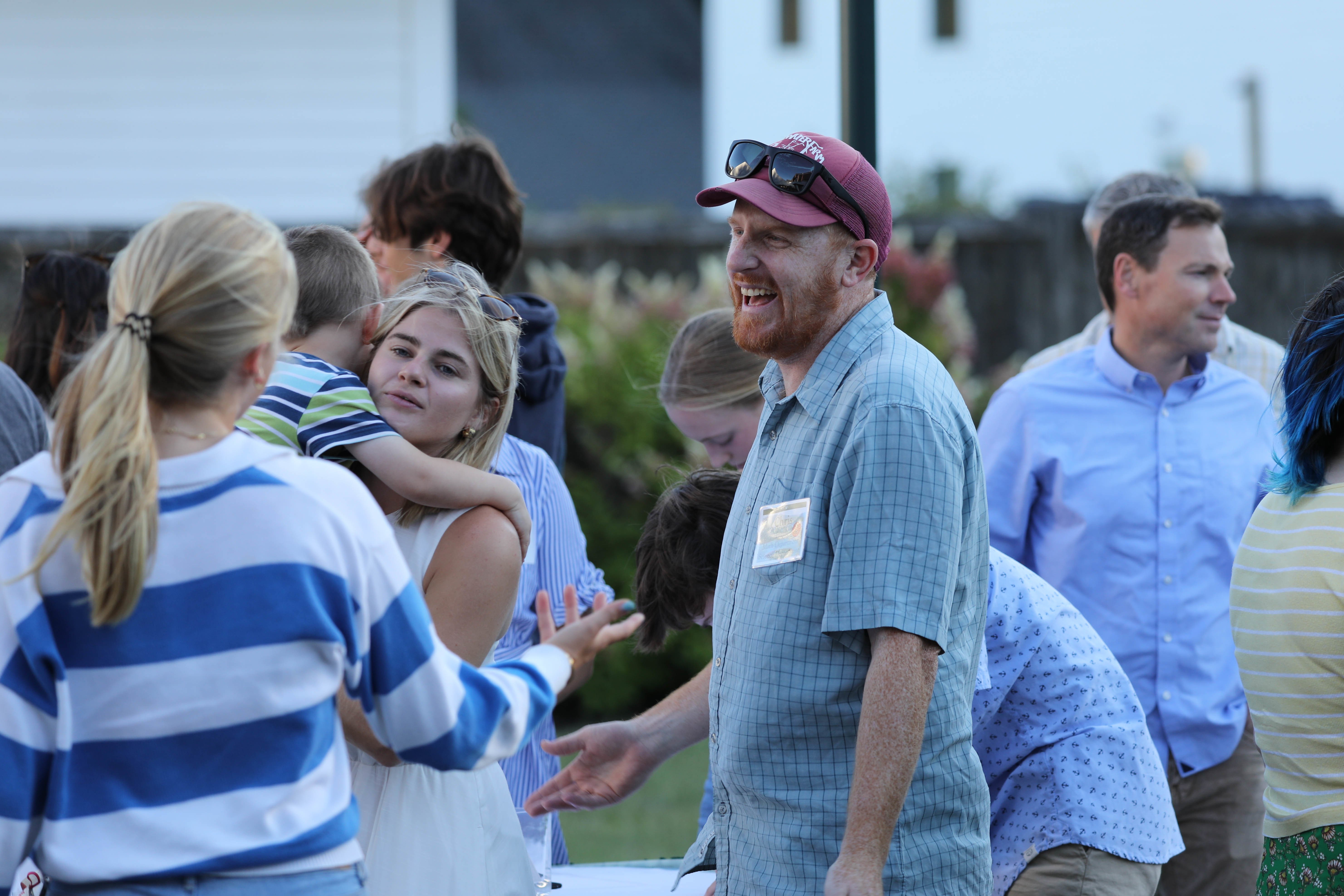
In this fast paced world we live in, feeling the return of the cadence of the school year after a season of reflection and pause is probably one of the most valuable times in a young person’s life.
Why? Because we – and they – often zoom ahead to the time when we get to fish as opposed to creating the conditions in which we ready and steady ourselves for the fishing and what all that entails. When things get hairy out on the open seas, we can once again call upon our reserves and the lessons learned when times are less frantic. Literally, we can stand in the howling winds of our minds because we have cleared our heads before–in this less frenzied season. That is why this end time – the conclusion of summer – is so important, reflecting on “the why” instead of “the what”. During the year, with very little time to think and reflect, students are left without the reserve that periods of restoration gives them, which is the ability to just be.
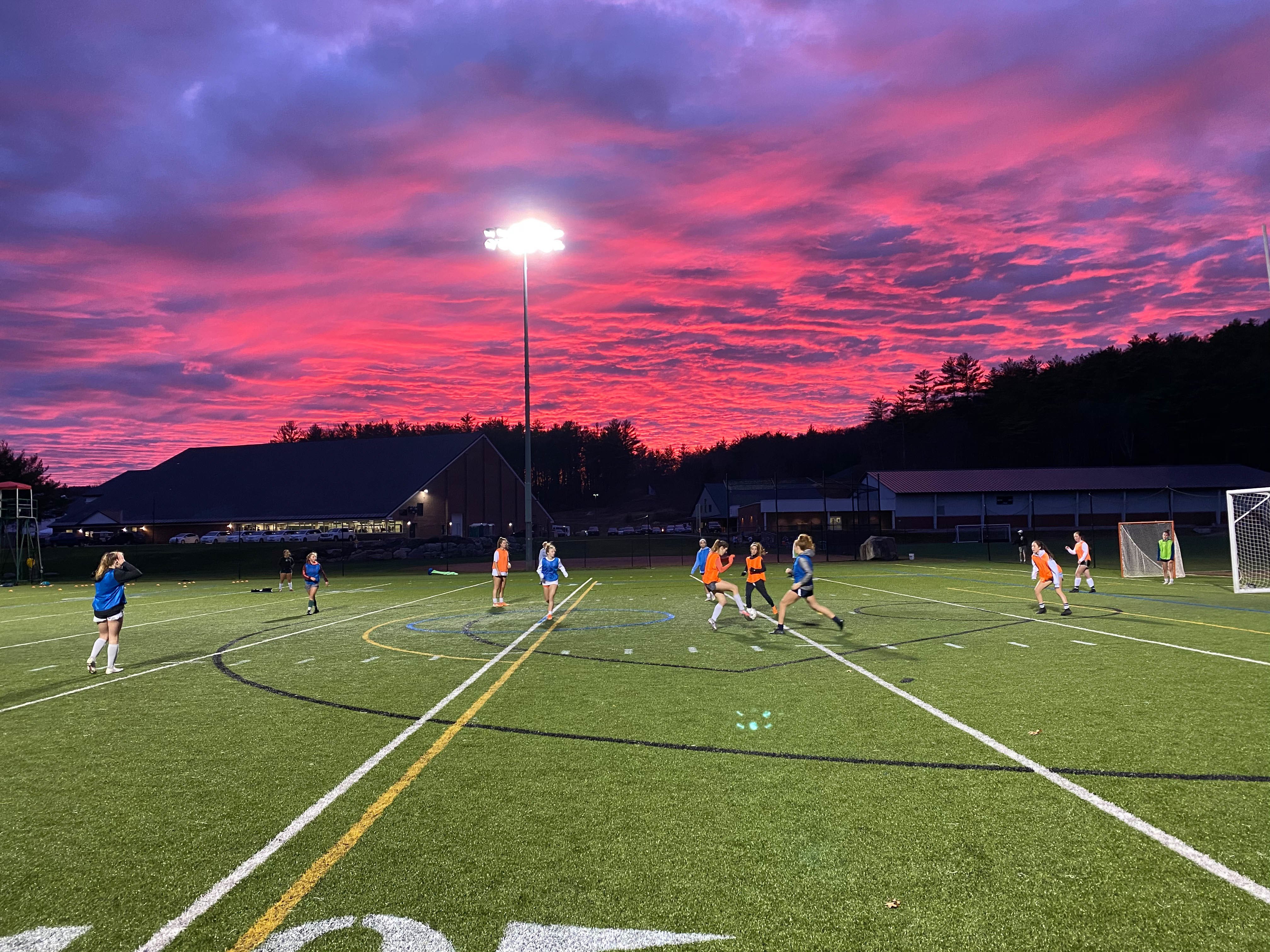
But, as many of you know and deeply understand, the end of summer is a place where everyone’s future lies just beyond the horizon. I resist giving advice but I do offer three practices or ways of thinking for all of us to consider as we await the start of another school year:
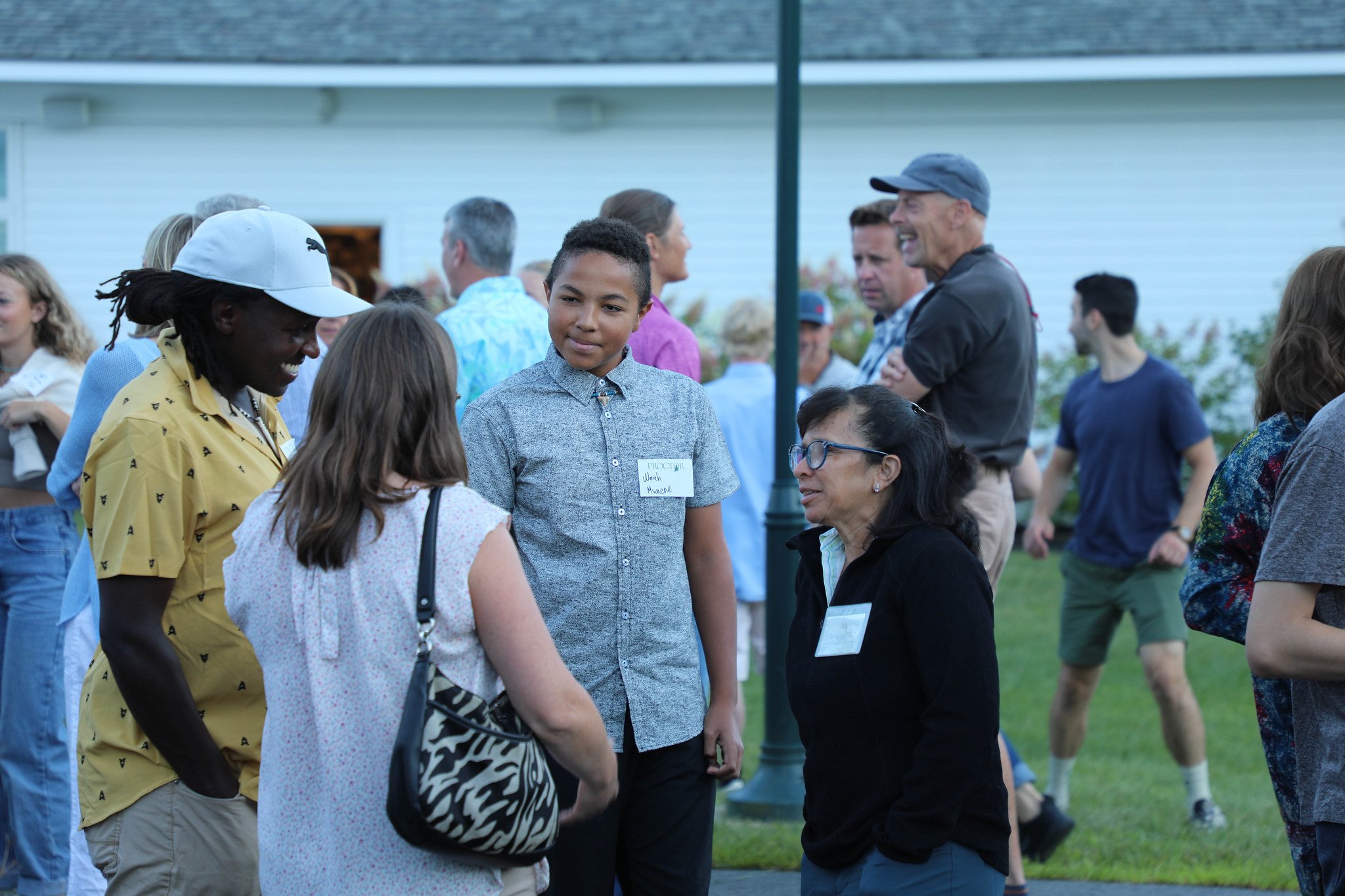
EXPRESS GRATITUDE (TO SOMEONE NOT SO NEAR)
Our students are very good at making connections that will sustain them for the rest of their lives. Yet, how often do they get to reflect on the good relationships they have made and can draw on in the weeks and months ahead. If they can take the time to reach out to the people - friends and family members perhaps not so close - who have been extremely helpful throughout the past year or previous years, they can find important reminders of the people they have always wanted to be in the present. Reforming these connections might allow for a deeper sense of connectedness during the school year.
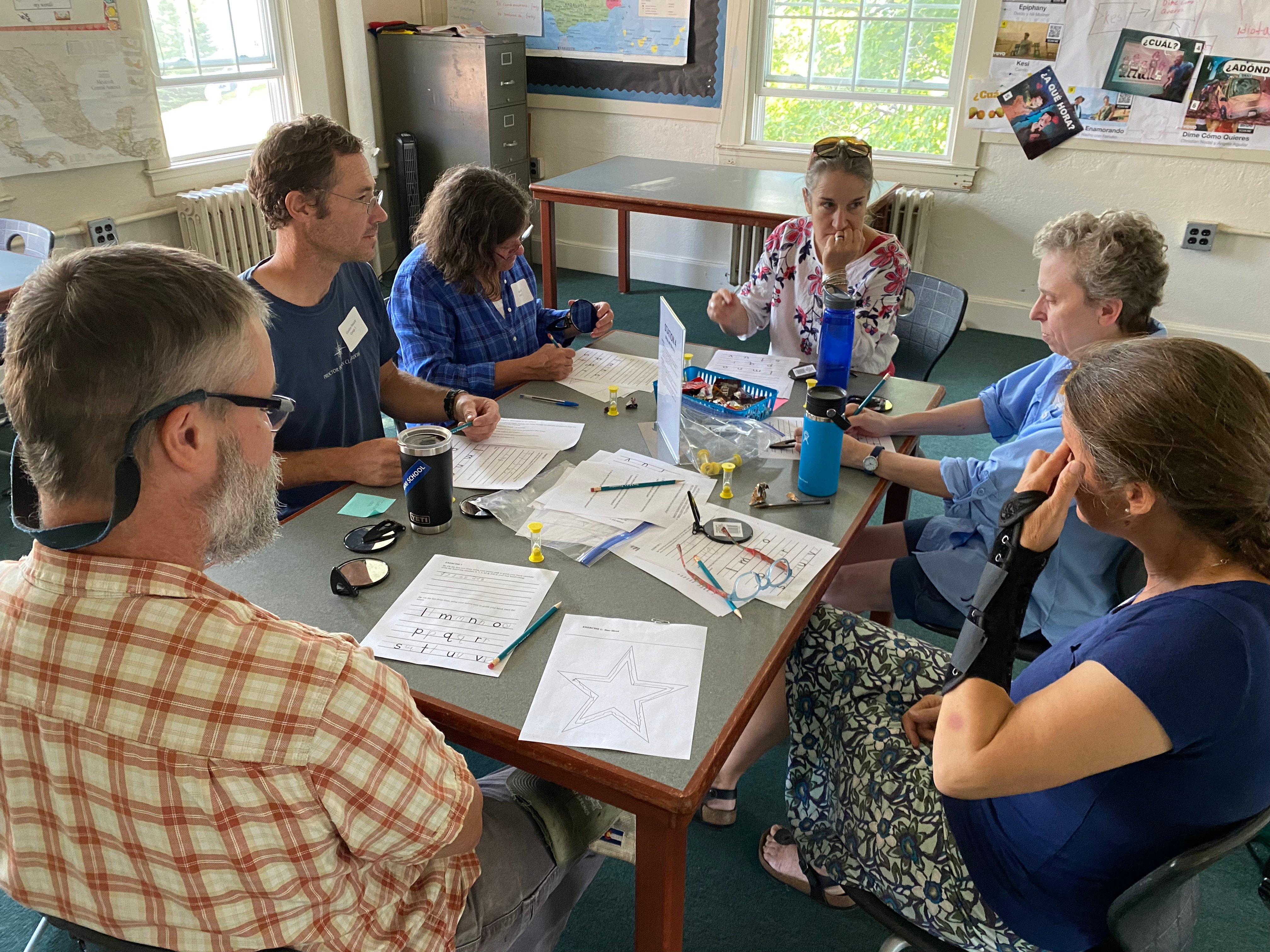
LOVE LEARNING
Remind students, and ourselves, of something that we just could not get enough of. Whether it is listening to a well-crafted podcast or learning how to play the ukulele or starting a new workout regime, this time out of time can be a prompt of what the true gift of learning something new can feel like. It’s about discovery and focus as opposed to the “must do’s” and “have to do’s” embedded in parts of our lives that live beyond Proctor.

BUILD IN TIME TO BE STILL
In the beginning of the morning, in the middle of the day, or at the close of the evening, offering a time to usher in these past moments of rest, reflection, and connection might allow students the ability to summon up the stores or reserves they have been building all summer long.
In the end, it is “a practice” we are talking about. We will not always be “fishing about” for the new things in our world and lives. Sometimes, it’s the practical tasks of feeling certain that our nets will hold to do their job, catching things that we need, and letting the things that we don’t need to swim through.

Brian W. Thomas, Proctor Academy Head of School
Curated Reading:
I do love how these summer end times bring me back to some of my favorite poets and the works that resonate beyond their first reading. One of my most favorite is Elizabeth Alexander who has been on my mind lately, especially in her poem “Stray.”







